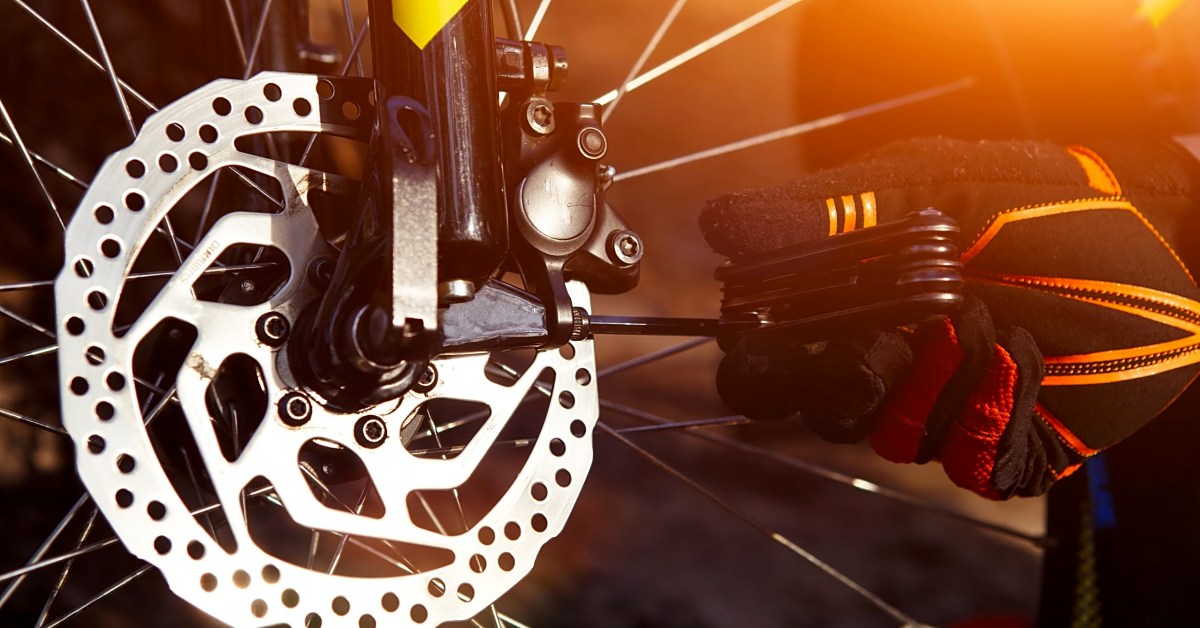Do you need disc brakes on an electric bike?

Thus, the disc brake will be the ideal choice for the mountain biker. Having arthritis, or being elderly, may be the reason you are looking to own an electric bike. Mechanical disc brakes work by physically squeezing a cable to apply the brakes on the rotor of the bike. If your electric bike is experiencing any of the above, you can inspect the different components of the mechanical disc brake assembly to identify where the problem may be coming from.
Whichever of these types of brakes you decide on for your electric bike will determine the braking performance of the bike. If you were building a bike from scratch and wanted a hydraulic system, you would choose Shimano Deore, which is very affordable. If you plan to limit your riding to beach riding, boardwalks, neighborhood riding, or other casual riding, you’ll be fine with the mechanical disc brakes that come standard on touring bikes. Everyone crashes their ebike at some point, and hydraulic disc brakes are much harder to damage or break than most mechanical disc brake setups.
Many heavier riders opt for electric bikes, as their weight makes it difficult for them to ride regular bikes. You’ll rarely see them on a stock eBike model, but sometimes custom or upgraded models have a combination of hydraulic and mechanical disc brakes. Ultimately, when it comes to rim or disc brakes for your electric bike, neither type is better than the other. Budget, feel, maintenance, riding conditions and other factors should be carefully considered if you are thinking about changing your eBike brake setup.
Remember again, if you like to sometimes change the tires on your electric bike, then it is much easier to do so if it has a mid drive motor. If your electric bike has a hub motor, then removing the wheels for transport is a no go anyway. However, if you have an existing bike that you want to convert there’s really no good reason why rim brakes can’t work for most situations up to 30mph or so. I’ve tested a couple of ebikes with rim brakes, and even with high quality pads that work decently in optimal conditions, the braking quality degrades so quickly in rain, snow or mud that they are simply a no-go.